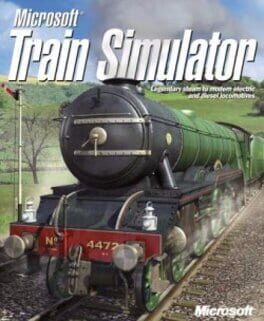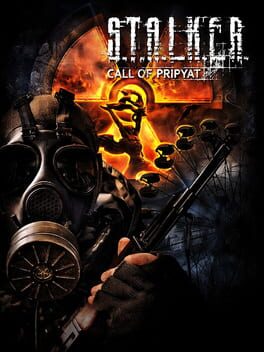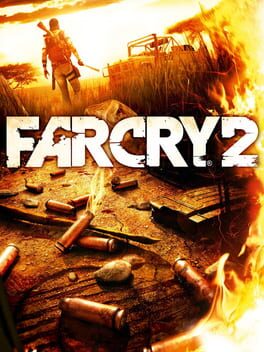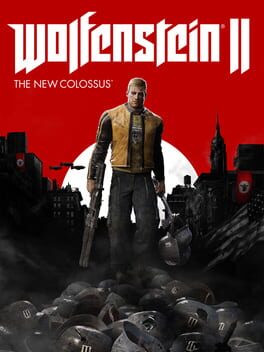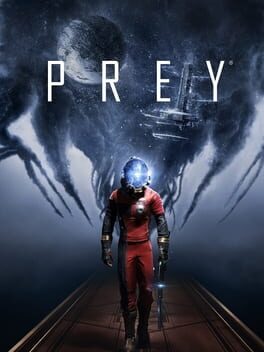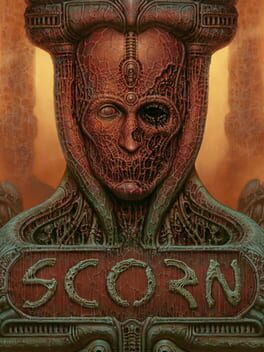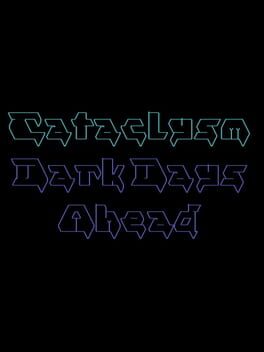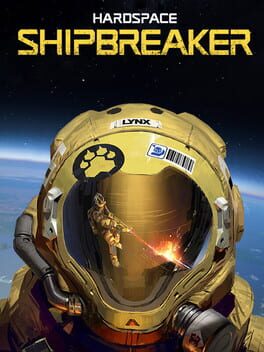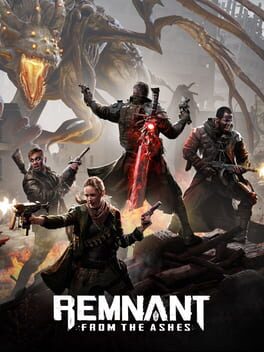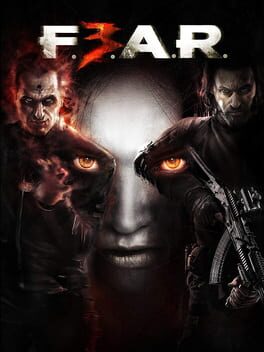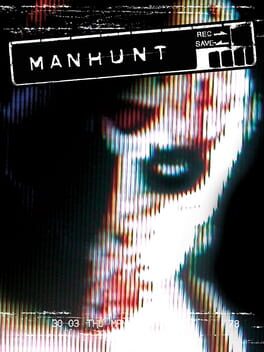garamsalami
Frustratingly this old heap of junk has the longest and highest quality routes out of any simulator to this day. While the graphics and physics of newer simulators get better and better, the routes only become shorter with each passing release. If you want to run a high speed train uninterupted for 200km, you need to go back to 2001.
Just for the time and memories with this thing, I want to give 5 stars, but especially the larger, more complex planes have some obvious, inexcusable bugs that were never fixed (e.g. the Boeing 737-800 engines can't be started in accordance to the game's own checklist) and the dynamic weather system relies on a server that has since shut down. It's obviously intended to make you cough up more money for more accurate DLC planes.
The only one of the series that is playable and enjoyable unmodded. Very janky, basic gameplay loop of completing quests to buy better gear to do harder quests, but there is no feeling like getting ambushed at night by mutants in a radioactive swamp, with heavy rain obscuring your already limited vision. The "Zone" in the game has an undescribable attraction to it's inhabitants, and the same is true for the game itself. Play this first and then progress to the others if you want more.
2008
Utterly unenjoyable to play, Far Cry 2 instead tries to impress with it's cynical intellectualizing about violence and savagery. As an entertainment product it fails with providing any fun, and as an artistic statement it dehumanizes and decontextualizes the still occuring colonial suffering on the African continent, while trying to do the opposite.
This review contains spoilers
Professional presentation, memorable setpieces, high octane action and lots of nazi gore. While stealth was the dominant strategy in the first one, Wolfenstein II seems confused whether it wants you to play slow and methodically or recklessly slay nazis with a machinegun in each arm. Stealth has been nerfed with less reliable silent kills and telepathic AI, while run-and-gun gameplay and on the fly thinking is punished with agonizingly slow weapon switching and quick player deaths. This made me feel like fighting the game designers more than the nazis. Also the story is much harder to take serious than the first game, as there are not many ways to reasonably escalate the stakes from stealing a nuclear submarine and nuking a nazi base.
2017
Prey let's you loose in probably the largest playing space designed around believability so far, and gives you some grounded objectives to get you exploring and engaging with it. By the time you beat the story, you will have learned the inner workings, social dynamics and politics of the Talos 1 station, not just through classic audio logs and terminal entries, but logical level design, item placements and character interactions. The combat is easily the weakest part and far too prominent, and the plot drags on way too long with too many generic fetch-quests and surprise roadblocks that the whole 0451-genre suffers from. Still very worth it to experience this achivement in world building.
2021
2022
The alien, abstract world of Scorn is neither the bloodiest nor scariest the horror genre has to offer, but repulses and draws in with it's grotesque hostility towards everything that living means. While uncovering the secrets of this foreign place with unclear purpose is generally slow and suspensful, the game wastes no time with setting the tone on the very first puzzle: To progress, you will be a participant in the hateful debauchery, not just an unwilling victim. Visually the whole game would probably not feel out of place as a Doom level that you sprint through in 5 minutes, yet the disgustingly intimate exploration of it's detailed viscera summons the feeling of a nightmare that robbed you of your ability to run. There is a beauty to the grime, and it's well optimized with smooth performance throughout. Although the gameworld clearly hates you, the developers don't: The combat is fair, if not too easy, ressources are tight but sufficient and the puzzles make sense in their own twisted way. Scorn is not a test of skill, but a test of will.
A very stylish deduction game putting you in the shoes of an insurance claims investigator, having to account for all 60 people on the manifest of a ghost ship, the Obra Dinn. The game really rewards methodically working through all the different deaths in your notebook, where all the information about each demise is stored. Only by intimately learning about all people aboard will you solve the whole investigation, which works in a very natural and logical manner. My only (but very big) annoyance with the game was with one aspect of the presentation: For every single one of the 60 corpses you find, you have to listen to an annoyingly long audio queue before you can even interact with it, and once you interacted with it, you walk around the crime scene listening to a whole song before you can enter any information into your notebook. This makes up for approximately a minute per dead body, so with 60 of them you spend a whole hour of this ~8 hour game doing nothing. Still very worth it.
It's not as complex as Dwarf Fortress, but still has incredible depth in gameplay that still surprises me after probably hundreds of hours. For example, after thinking for the longest time that the wallets on zombies were useless flavor items, I found out just recently that you can actually deposit their cash at ATMs and use a credit card to buy gasoline at gas stations. Playing cataclysm is having small discoveries like this every play session. Also the crafting system is so incredibly complex, except for advanced weapons and junk food you can probably craft every single item in the game yourself with enough dedication, starting with sticks and stones and ending at complex machining and chemistry. While sometimes complex tasks can get tedious, there always is a way to do things smarter and more efficiently. Once you figure out how the interactions with the game world are implemented, you can probably emulate most real world actions you could think of in any given scenario, like throwing your empty gun at an enemy's head or using a clothing rack as a makeshift melee weapon.
Great concept executed very professionally. I wish there were more games that allowed for interacting with large machinery in such a detailed simulated way. The last few ships to complete the story felt a bit like busywork however, and a few isolated times stuff blew up in my face with no clear reason.
2011
The final entry in the F.E.A.R. series has none of the charme or atmosphere of the previous games. While the gameplay is servicable enough, everything that made the previous games great is missing: Everyday settings mixed with science fiction elements, a likeable cast of characters, scary setpieces embedded into an actual story that is almost completely told through immersive gameplay. F.3.A.R. is just a trip from A to B where the little story that is there happens in cutscenes between levels. If you are looking for an asymmetrical co-op shooter, give it a try. As a conclusion to a beloved series, you can do without it.
2003
